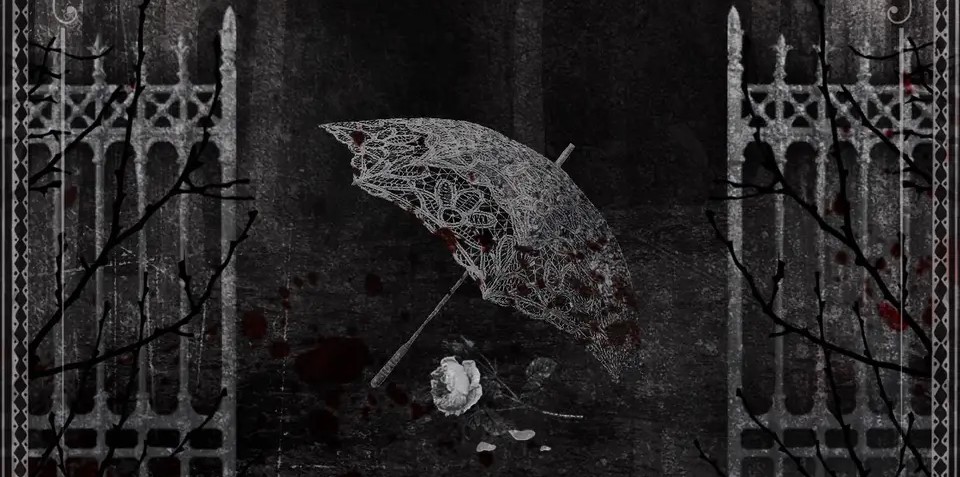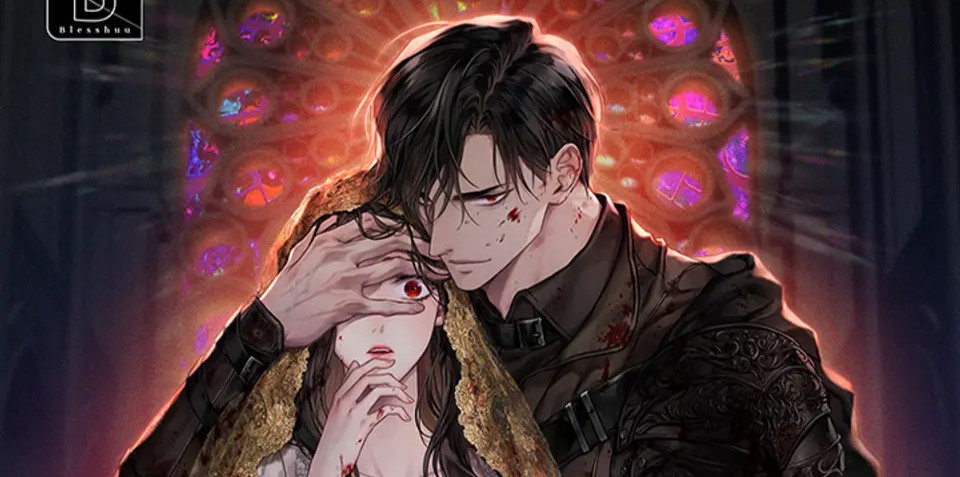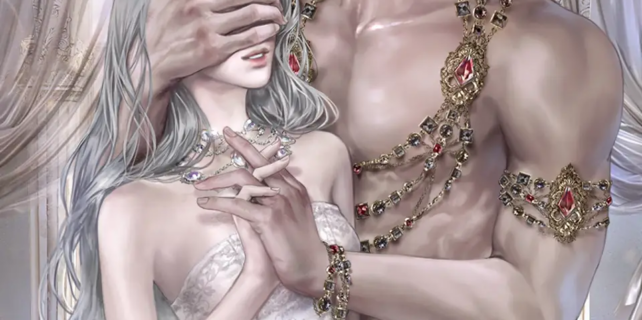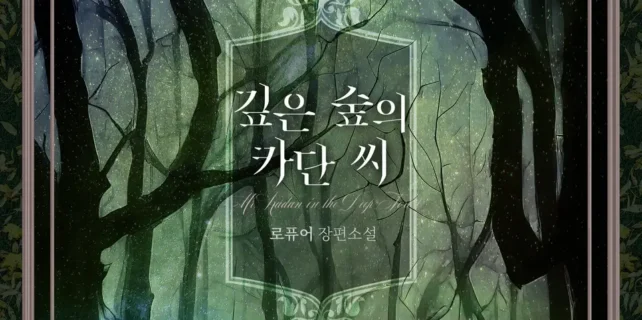Pherenike - Chapter 62
‧₊˚ ☁️⋅♡𓂃 ࣪ ִֶָ☾.
read more chapters on luna kofi
She dreamed of going back in time a few years back and fleeing with him, confessing in madness to Deucalion that she was wrong. Begging him to take her away from Actor Nikandros, complaining the child in her womb felt monstrous. Saying she hated it all, couldn’t bear it anymore…
She begged like a fool, and upon waking from the dream, Deucalion truly stood before her, under the shade of the Ogygia’s fig tree.
“You could sleep more,” he whispered gently.
His eyes, which looked down at her as she lay on his lap, were deep and beautiful like the forest. That too was a dream.
Unaware, Pherenike tackled and climbed atop him, not out of desire but desperation to cling onto him. She had let him slip through her fingers yet didn’t want him to fall. Amid kisses, she poured out insane pleas she could never utter when awake.
Don’t abandon me. Everything was for you alone, even if I ended up dead and forgotten by all, you alone should know. The real me, remember me, love me, and forgive me. Even if I caused you pain, don’t hate me…
Ah, the folly of it.
“How could I ever hate you?”
In the dream, those were the words she sought through her ridiculous bargaining.
As Pherenike gazed at him dreamily, he bit her cheek softly and whispered,
“You’ve already died for me twice, Nike.”
“…”
“You went ahead and died again, on your own accord.”
His large hand gently caressed her petrified face. She glanced down at his fingertips, noticing the absence of scars.
It wasn’t Deucalion.
She violently shook off the touch, and Morpheus, wearing Deucalion’s guise, smiled.
[“What should I do? Even in dreams, you clung to me; all of it was me.”]
From the fingertips which she realized wasn’t Deucalion’s, the form twisted and transformed. Pherenike, lying atop him, watched numbly as the figure of Deucalion beneath her vanished.
She was atop a completely unknown man, yet he still bore Deucalion’s face.
That face was the last to disappear.
Below the brown hair, golden-brown eyes of a beautiful young god stared at her like water falling from an immense height.
“You are already dead, your words will no longer reach anyone.”
Pherenike woke again in the chamber in Lykke. With an utterly calm gaze, she slowly surveyed her surroundings.
On the table lay a plate with an apple and a small knife. She stared blankly at them for a moment before walking over and gripping the knife. Soon, the blade lightly grazed the tip of her left thumb, and red blood streamed down her palm like tributaries of a river.
Pherenike merely lifted the corners of her mouth in a smile.
“See. I’m alive.”

Deucalion would sometimes leave Paetusa unnoticed, heading to the western coast of Evdokia and into a small, little-known island among the archipelago. Only a few old fishermen remembered its ancient name, calling it Ogygia, akin to the mythical island of the nymph Calypso, believed to be at the real-world’s western edge.
Hence, the noble son of the king also referred to it as Ogygia.
When Pherenike was not yet the queen but the wife of the Prince Regent—during the time when King Epicydes still clung to his tedious life—she often retreated into the cave of oracles for seclusion.
Even then, there was a drought of prophecies. The goddess remained silent for a long time after, and the duty of prayer continued to rotate among Kybellaune and the Sybylles.
During those years, Pherenike willingly took on most of the elderly Sybylles’ duties. She climbed the rugged mountains of Calyce in front of everyone multiple times and endured the humble life in the cave without complaint, leaving behind all luxuries of Lykke as the wife of the Prince Regent that was almost equal to the king himself.
Naturally, all sanctuaries in Evdokia praised her asceticism, and this praise was echoed back to Lykke.
Pherenike made good use of the adoration directed at her, knowing well that once a barrier was properly established, one could appear devout without having to do what she didn’t want to do.
Thus, she occasionally hid from Lykke to the sanctuary, the sanctuary to the cave, and from the cave to the labyrinth. Pherenike never yearned for the voice of the goddess; a fugitive only needed a cave.
And at its end, another land was needed. Because her freedom lay in the place farthest from freedom in the world.
For several more years, the dark labyrinth with no light within the cave changed its form repeatedly. To mere mortals, she was the master of the cave, but to the cave, there were guardians long established before her. Daemons that swallowed the unwelcome into its maze.







